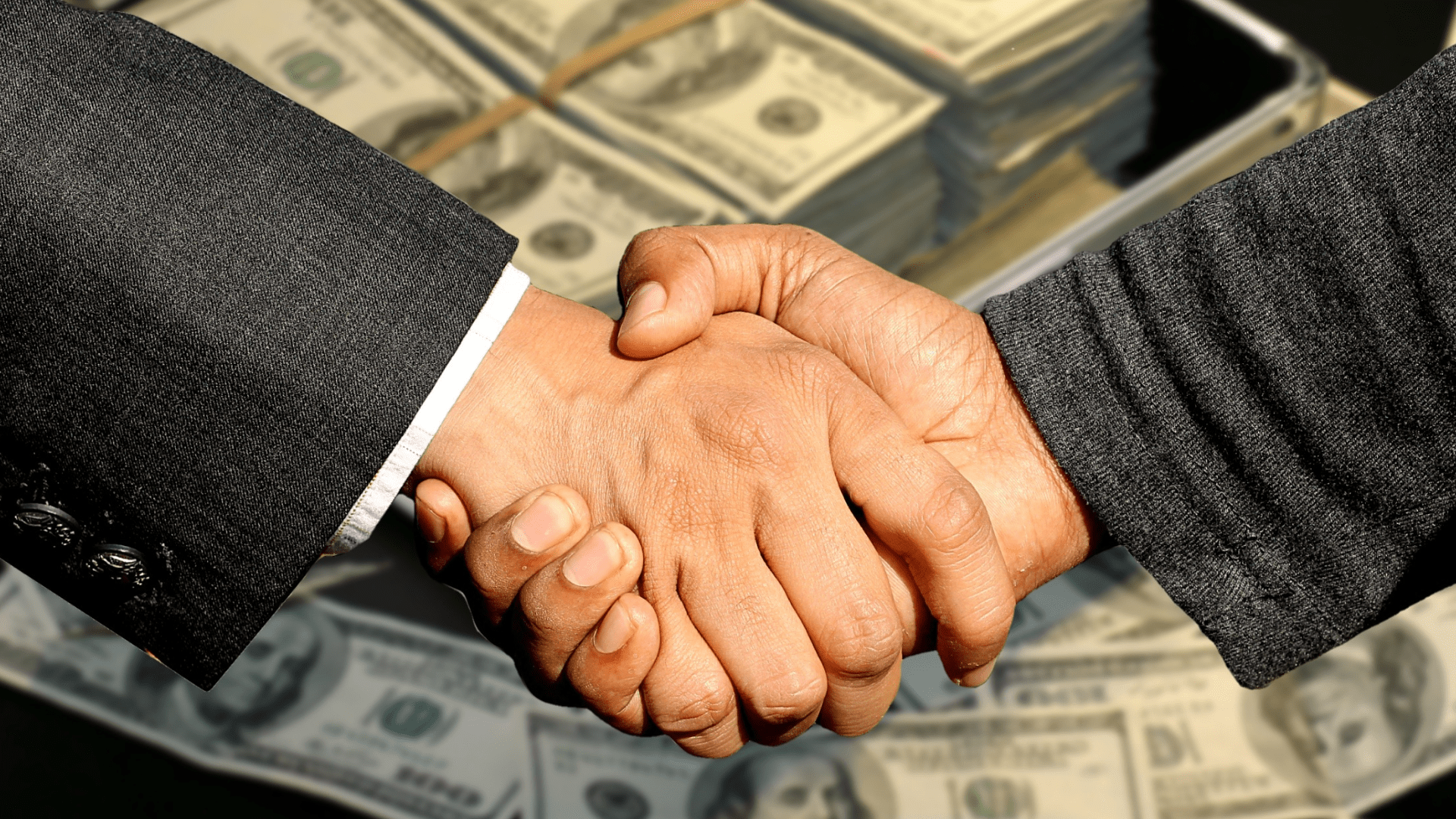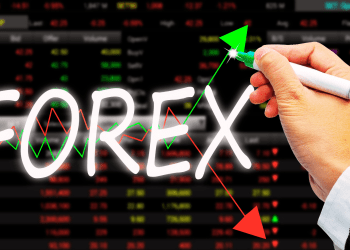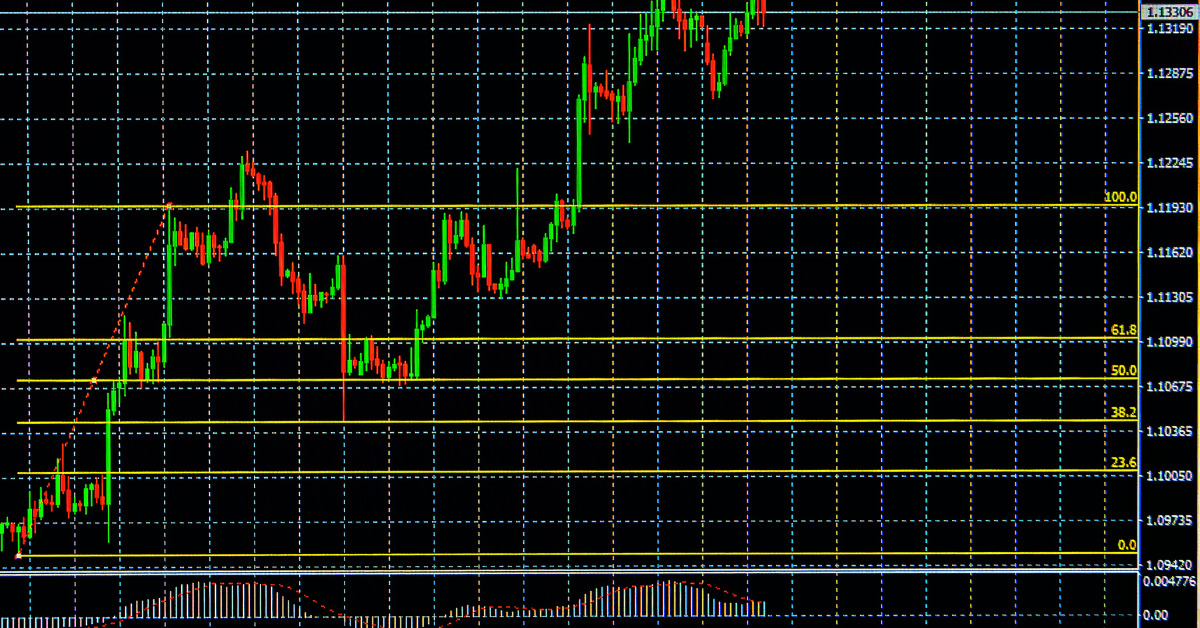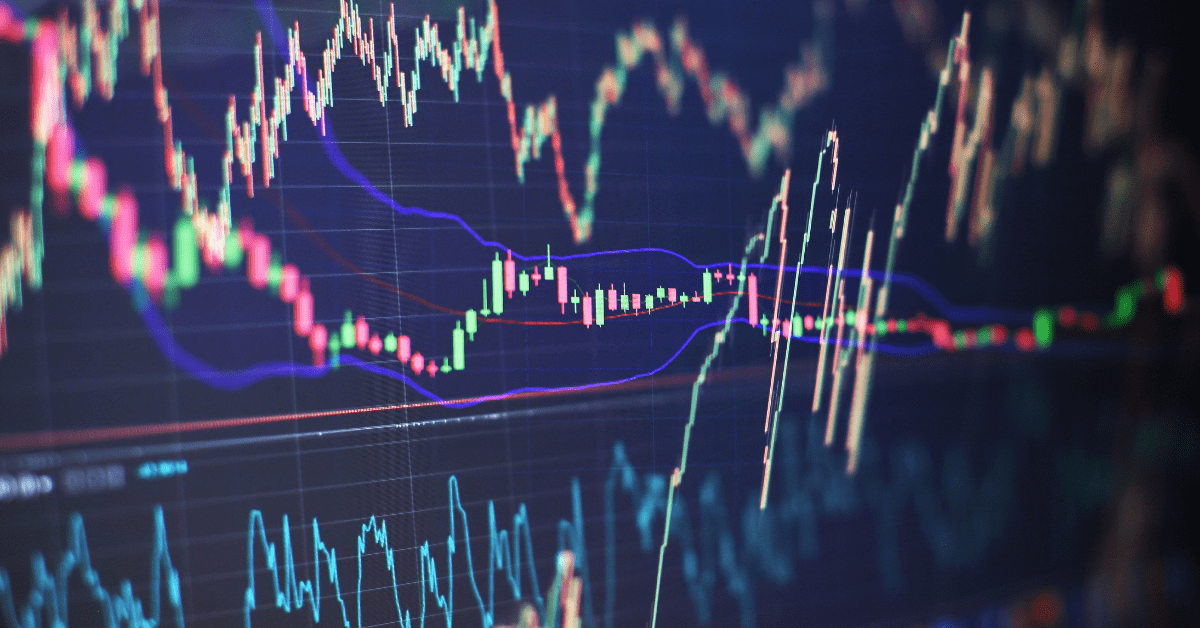In this article, we will talk about who controls the forex market. There are several different bodies that control the Forex market. There are 25 major banks, governments, central banks, and individual traders.
In this article, we’ll discuss the different ways that these entities control the market. But before we get into those, it’s important to understand the basic tenets of monetary policy. The central banks are the most obvious players. They control the interest rate on money loans and regulate the flow of money in the economy.
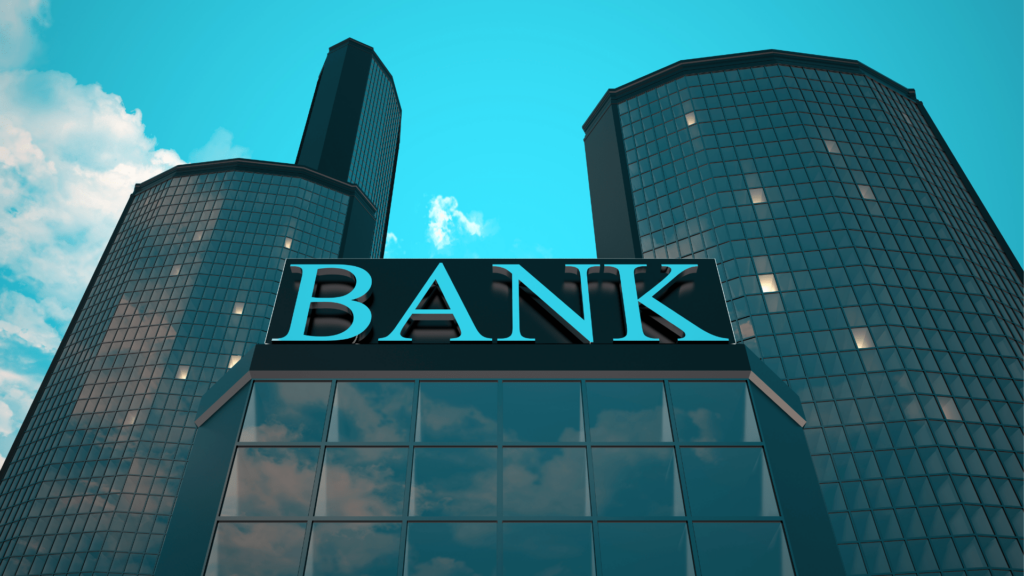
25 major banks
The forex market is controlled by the 25 biggest banks in the world. These banks have debtor-creditor agreements that allow them to buy and sell currencies for a price that is set by the market. These agreements offset the risks associated with holding currency positions.
The banks quote each other’s rates and buy and sell orders throughout the day on preset amounts. They also have direct dealing agreements that ensure minimum spreads and rate supplies in a reasonable timeframe.
Most of the trading volume in the forex market is conducted by these 25 banks. They control the bid/ask spread and the exchange rates for various currencies. This is called the interbank market. These banks take on massive amounts of forex transactions every day. They are also known as “volume monsters” or “flow monsters” because they have enormous liquidity. Some of the largest banks are Citi, JPMorgan Chase, Barclays, UBS, and Royal bank of Scotland.
Most of the transactions in the forex market are made by central banks instead of the open market. This way, the market is more predictable. However, the interbank market is not accessible to individuals.
This is why retail brokers have been established to serve the needs of smaller investors. Retail brokers are able to quote a tighter average spread because they have a larger capital. These retail brokers have the capacity to aggregate several price feeds from different banks.
The main purpose of central banks is to maintain monetary stability and keep inflation at the appropriate level. They also intervene in the financial market when needed to promote financial stability. The central banks also help manage the commercial banking industry in their nations. And they are responsible for setting the interest rates and other policies that influence the forex market. All these factors affect the price of foreign currency. They are a large part of the forex market, and traders pay attention to these changes to gain an edge over their competition.
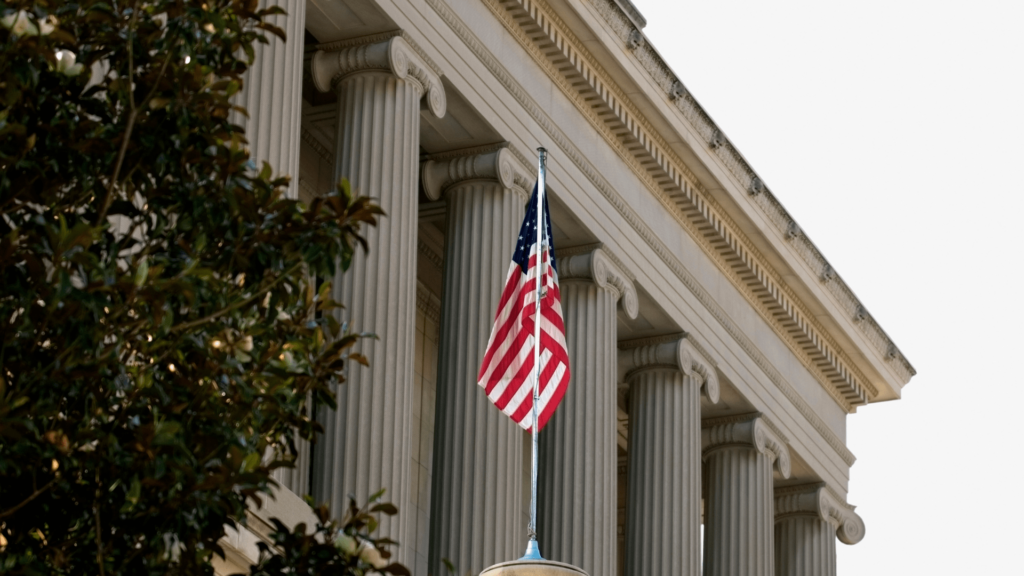
Government
The Foreign Exchange Market is regulated by the Government. This authority controls the currency exchange market and controls its supply and demand. The government purchases and sells foreign currencies, and allocates them to different buyers based on predetermined criteria. This regulates the currency market and helps stabilize the value of the local currency. The Government uses foreign exchange reserves to fund imports and exports. It also regulates the exchange rate to ensure that it remains stable.
The Forex Market is the largest form of trading in the world and has an estimated value of over US$ 5 trillion a day. It is completely decentralized, which means that there is no single central government that oversees the currency market.
Traders from around the world deal in the currency market and invest in various international markets. However, the currency market is volatile and may go down as low as 5% in a single day.
Before free markets were introduced, governments were more involved in managing currency value and exchange rates. However, this has changed and now, most major currencies are free-floating, letting the market determine their values.
Earlier, the value of the currency was controlled by governments, and this practice continues to some extent today. But now, most of the world’s major currencies are free-floating, and trade on the foreign exchange market. This is a huge step toward increased market freedom.
Despite the benefits of free markets, currency intervention has its own drawbacks. It can undermine the credibility of the central bank and weaken its credibility in the eyes of investors. It also negatively affects real goods and financial markets. The uncertainty associated with currency exchange rates increases the costs of trade and causes firms and investors to shy away from overseas trading. In addition, the Forex market is susceptible to extreme fluctuations that can damage the financial system.
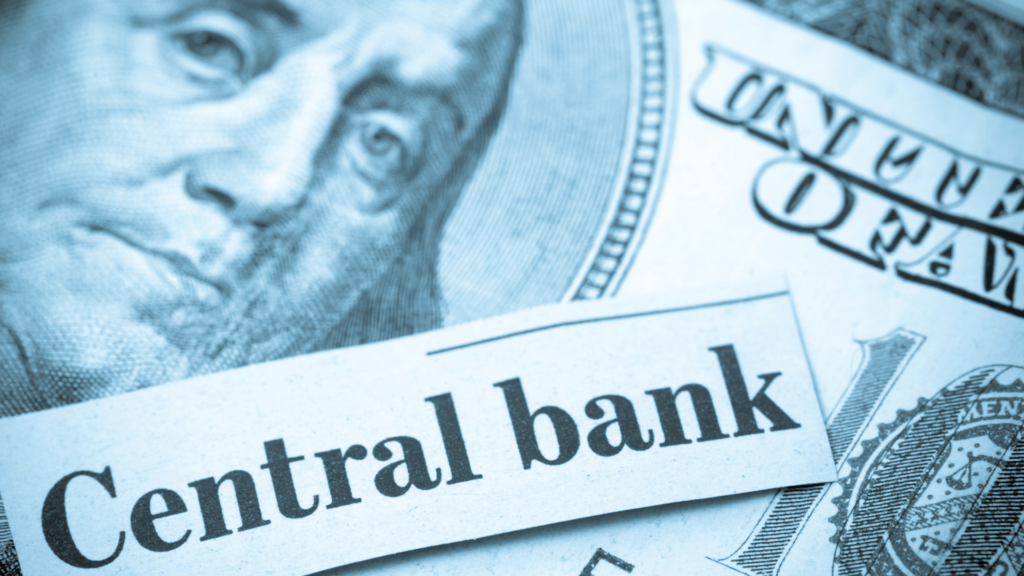
Central banks
There are many factors that affect the price of currencies on the forex market. For one, central banks set interest rates, which are used to set the value of a nation’s currency. A central bank is also responsible for maintaining the stability of the financial system.
While most central banks do not intervene in the market very often when they do it is a sign of severe economic weakness. Whether this is a genuine crisis or a phony one, it has a significant impact on the price of currencies.
The Federal Reserve Bank, or “The Fed”, controls the most widely traded currency in the world. Their actions impact other currencies and are closely watched. Their goals include stable prices, maximum sustainable employment, and moderate long-term interest rates.
The Fed has been known to intervene in the foreign exchange market many times, which has led to a large amount of volatility in many assets. In addition, the central bank’s decisions can lead traders to channel their investments in countries with higher interest rates.
Central banks control the forex market by controlling the supply of foreign currency. In some countries, foreign currency is rationed by volume and price. In countries like the United Kingdom, this rationing system was created in 1932 to prevent unneeded volatility in the exchange rate of the Pound Sterling.
The USA and other European countries also adopted this method. It is a form of protectionism. It’s a strategy that has many negative consequences and can hurt an economy.
The most common way in which central banks control the forex market is through monetary policy. The decisions are often based on the economy’s long-term growth prospects. Investors are based on these projections and try to position themselves in advance of what the central bank decides.
The decisions of central banks are usually followed by extreme volatility, which causes the markets to react accordingly. However, this is only a small portion of the factors that affect the forex market.
Individual traders
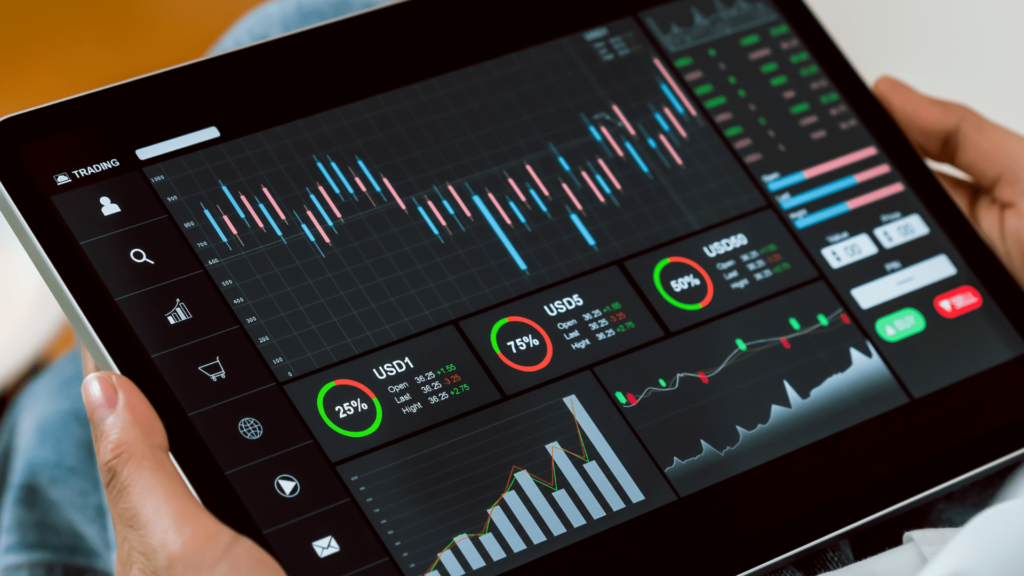
Foreign exchange trading is a global, decentralized venue that brings together individuals, institutions, and large corporations to trade currencies. Many of these participants are private individuals who use personal computers to make trades, but other types of market participants are also involved in the FX market.
For example, you can become a private individual forex trader and work from home trading currency on your own computer. In addition, you can become a professional forex trader, working with a fund or institution. Some of these institutions are central banks and commercial banks.
Whether you’re a new investor or an experienced investor, knowing a little bit about the way forex traders operate can benefit your investment strategy. This is especially true if you’re looking for a steady, positive return from your forex investment.
The biggest moves in the market happen as a result of the activities of professional Forex traders. Following these traders can prove to be a profitable strategy. In other words, if they’re doing well, so can you.
The largest volume of currency is traded in the interbank market. This is where banks of all sizes and countries trade with each other through electronic networks. Major banks account for a large portion of the volume of currency traded.
These institutions help their clients to trade currencies and also conduct speculative trading on their own. While these institutions are the primary participants in the FX market, individual traders make up only a small percentage of the total volume.
The foreign exchange market is largely controlled by central banks, which often adopt large positions in their own currency. These interventions are usually aimed at controlling the value of a currency, combating inflation, or improving the country’s balance of trade.
These interventions are similar to those made by central banks in the bond market. The purpose of central banks is to keep the value of a currency stable. This means that a single hedge fund buying $1 billion of a currency pair can cause a huge jump in its value, but the effect would be short-lived.
Hedging strategies
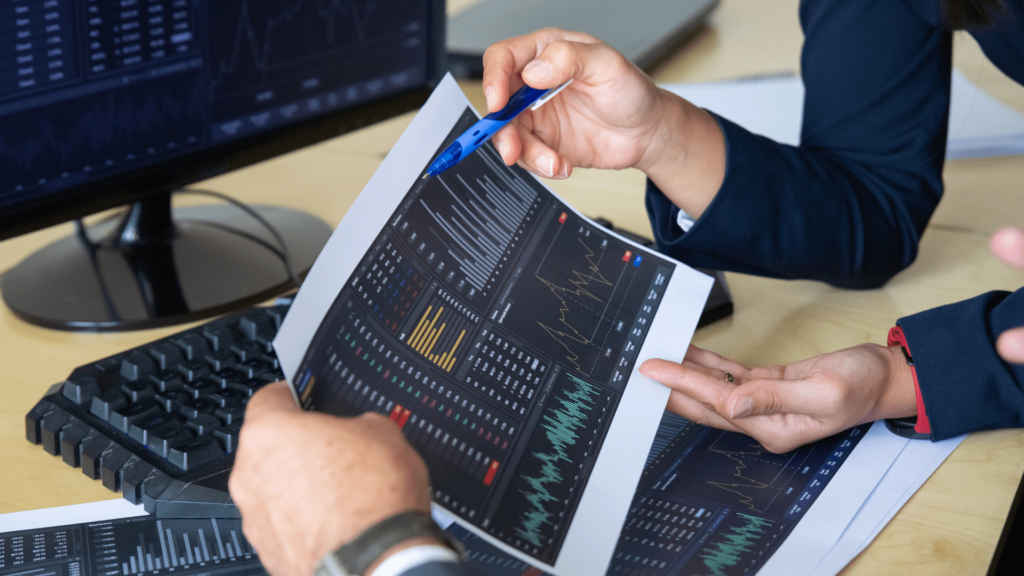
Hedging is a way to protect your investments against volatility. The strategy involves opening long and short positions depending on the market’s predictions.
Hedging can also be done with the use of call and put options. This strategy requires good analytical skills and knowledge of the markets to be effective. However, it is important to note that there are certain risks involved. If you are using hedging strategies, you should only use them if they can offer you a profit.
Hedging strategies in the forex market help you protect your investment. When used correctly, hedging strategies can help you to minimize your potential losses and maximize your profits. They also provide a hedge against other trades, helping you balance your risk/reward ratio.
Nonetheless, it is important to note that hedging strategies are complex and should be used with care. You should carefully plan your entries and consider the costs and benefits of various options before implementing a hedging strategy.
One of the most common and basic hedging strategies in the forex market involves opening two or more positions in the opposite direction of your current trade. This creates a net-zero balance and enables you to keep the first trade while making money with the second.
This strategy works in several ways, including using indirect hedging, direct hedging, and forward hedging. This method minimizes your risk and allows you to keep both of your positions on the market at the same time.
Another hedging strategy involves using negatively correlated currency pairs. For example, if you’re short EUR/USD, you can hedge this position with a long GBP/USD position. This will reduce your risk of losing the EUR/USD position and offset the loss on your long GBP/USD position.
You can also use this strategy with EUR/CHF. It is important to understand the differences between these two currency pairs before implementing the strategy.
Top Forex Brokers
[ninja_tables id=”6695″]
Conclusion
Forex Market is mostly controlled by the banks and government but that doesn’t mean that you cannot make money in the forex market. There’s more than $5 trillion traded every day. That means that there are a lot of opportunities in the forex market. If you are interested in learning how to trade, check out our free guide.

